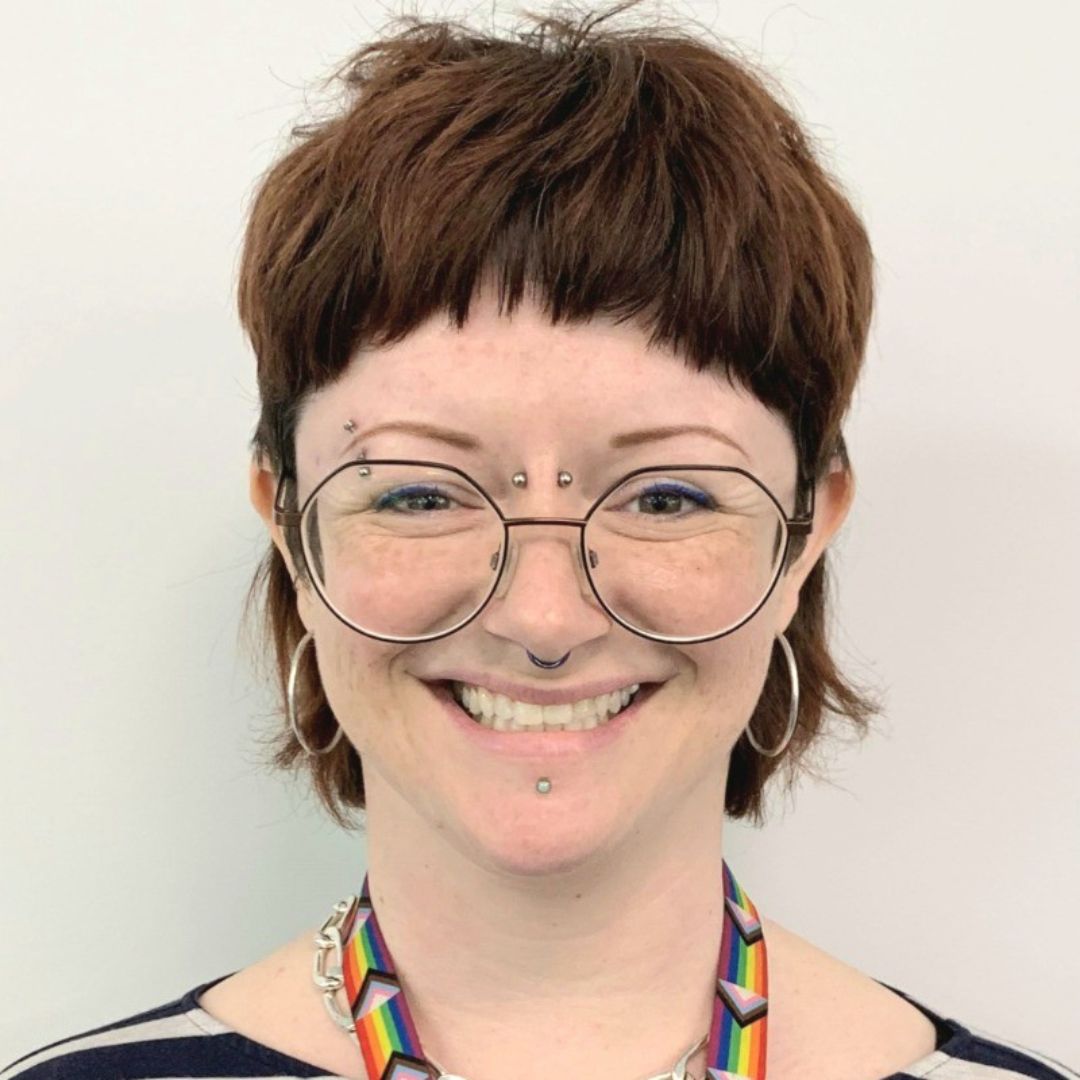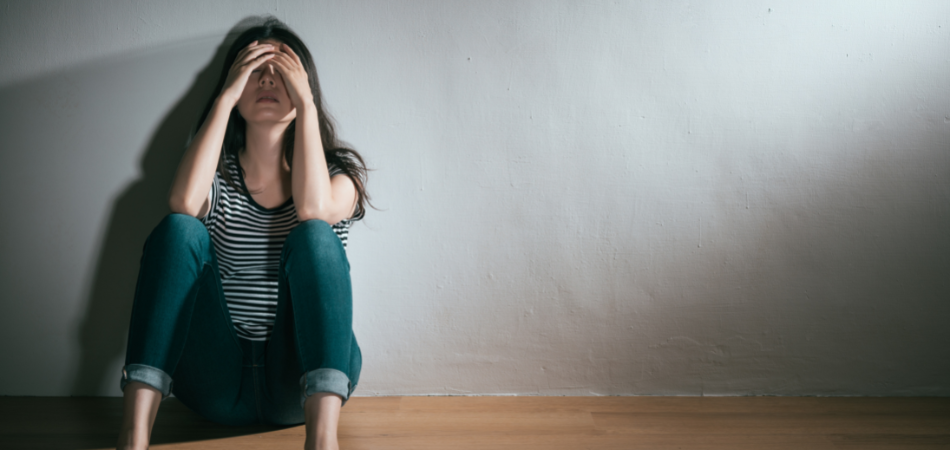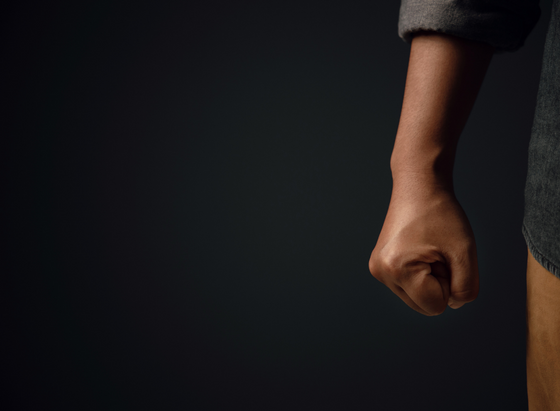Bipolar and addiction

Written by:
Last Updated:
June 23rd, 2025
It is common for those with bipolar disorder to turn to particular substances or behaviours to manage their mental health, subsequently developing an addiction as a result. When this happens, it is referred to as dual diagnosis (or a co-occurring disorder). With one condition exacerbating the other, trying to manage both can be challenging to navigate without the right help. Fortunately, however, both bipolar disorder and addiction are treatable, and with the right support, you can lead a healthier life free from addictive substances.

What is bipolar?
While it is perfectly normal for all of us to experience shifts in mood from time to time, feeling joyful one day and disheartened the next, bipolar is far more severe than this. Comprising unusual shifts in mood and energy, those with bipolar can find it particularly difficult to strike a balance, leaving them teetering between two complex emotional states but without the control to keep things on an even keel. With such emotional dysregulation, some individuals with bipolar can turn to addictive substances or behaviours as a way to manage some of the more uncomfortable symptoms associated with their disorder.
What is the connection between bipolar disorder and addiction?
Addiction is a chronic condition characterised by an impulsive urge to take part in particular behaviours or use illicit substances, even when it is starting to pose detrimental consequences to both physical and mental health. It is estimated that around 48% of people with bipolar disorder will have encountered issues with alcohol and substance misuse in their lifetime, and there is a noticeable link between these two conditions.
While each of us is unique, and there is no way of predicting exactly why a person with bipolar disorder would display addictive tendencies, there are a few factors that could contribute to this development. Some of these include:
Genetics
Individuals can be predisposed to bipolar disorder in relation to hereditary influences. As this condition affects a similar part of the brain as addiction, it can put those with bipolar at a heightened risk of addiction. In fact, one of the criteria used to determine whether a person has bipolar disorder is characterised as risky behaviours. Some of these unsafe activities include:
- Substance use
- Heightened risk of violent crime
- Alcohol abuse
- Reckless financial activity
Self-medication
For those with bipolar disorder, addictive behaviours can also be used as a way to self-medicate, turning to them in efforts to manage their mental health, drinking or taking drugs to stabilise their mood or take the edge off temporarily. Unfortunately, these behaviours will often grow to become a vicious cycle, with users repeatedly using them to escape the intense highs and lows brought upon by their bipolar disorder. This is often followed by an urge to use again to calm down after that initial rush brought upon by the substance subsides.
Lack of official diagnosis
For those still awaiting an official diagnosis of bipolar disorder, it can be a tough process to wait for answers and feel that you can finally understand why these extreme emotional shifts are being experienced. When you do not know why these feelings keep persisting, seeking solace in alcohol or drugs to suppress these moods and keep your fears at bay can seem like the only way out.
Risk factors of addiction and bipolar disorder
If you are someone battling both bipolar disorder and active addiction, it is important to be mindful of the dangers that come with addictive behaviours. Although turning to substances like alcohol or illicit drugs can seem like the only way to stabilise the extreme ups and downs of bipolar disorder, it can actually exacerbate the condition in the long term, making the intensity and severity of the illness worse.
Research has shown that those with bipolar who struggle with alcohol or substance use disorders are more likely to experience symptoms such as “irritable or dysphoric mood states, increased treatment resistance, and a greater need for hospitalisation”. Therefore, if you are beginning to notice an unhealthy reliance on drugs or alcohol, it is crucial that you engage with treatment as soon as possible to prevent dangerous outcomes.

How can my co-occurring disorder be treated?
If you are battling both bipolar disorder and addiction, it is essential that you first seek the support of medical professionals to address your primary condition. Your primary condition refers to whichever illness requires immediate attention to stabilise. For example, before entering an addiction treatment facility, your bipolar will need to be under reasonable control so that you can shift your focus onto recovering from your addiction. Bipolar disorder can be managed either through mood-stabilising medication or counselling to concentrate on the disorder exclusively. Then, you can begin to address your co-occurring disorder in a recognised facility, armed with the knowledge that you are ready and stable enough to start on your recovery journey.
If you are managing both bipolar disorder and addiction, it is recommended to seek treatment at a rehab facility qualified to tackle co-occurring disorders. This ensures that, wherever you are in your journey, you can leave with the tools needed to address both conditions concurrently. A holistic and varied treatment plan is the first step in any effective rehab programme, and it puts you at the forefront of your treatment, making certain you are provided with the best quality care during your stay.
At Sanctuary Lodge, we treat addiction as a primary disorder, using holistic methods to tend to all aspects of our clients’ mental, physical and spiritual wellbeing. Some highly effective treatments that are beneficial in treating both bipolar disorder and addiction include:
Psychotherapy – Therapeutic interventions (like individual counselling or CBT) can be an excellent tool for those with dual diagnosis, as it allows clients the space to reflect upon their co-occurring disorder, study some potential reasons their addiction may have manifested and look to solutions for better handling triggers in the future.
Family therapy – At our centre, we firmly believe that addiction does not just affect those with the illness, but it also has the potential to tear apart families in the process. Family therapy can work as a great device for communication, offering both the client and their family the chance to open up and discuss their concerns constructively with the help of a licensed family therapist.
Let us help you start the healing process
At Sanctuary Lodge, we know just how difficult it can be to fight your addiction whilst putting your efforts into managing bipolar as well. Our facility specialises in treating a variety of co-occurring disorders, and with calm surroundings and compassionate staff, we can ensure that you will feel as relaxed as possible during your stay with us. While the road may seem rocky right now, through effective treatment and the support of understanding individuals, there is stronger ground awaiting you in your recovery.
Frequently asked questions
Such mental health conditions could be:
- Anxiety
- Eating disorders
- PTSD
- Drug addiction
- Alcohol addiction
- Behavioural addiction
- Borderline personality disorder
- Self-harming tendencies



